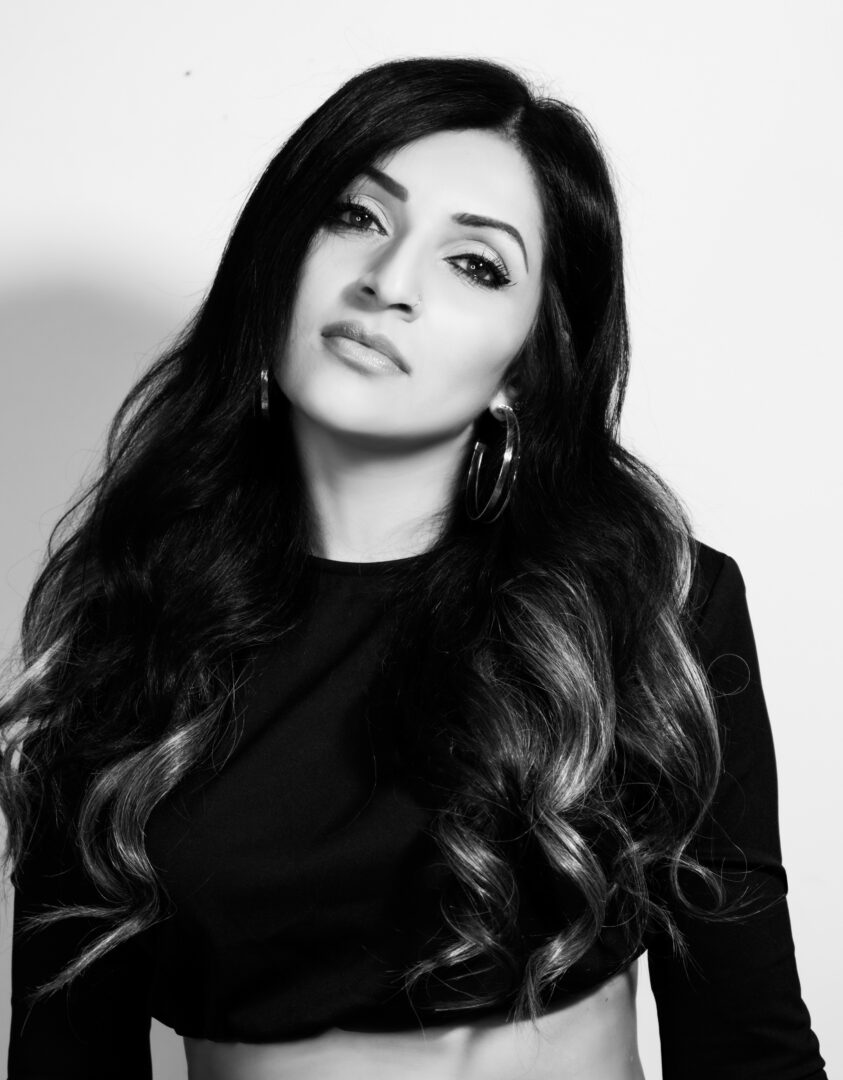We’re looking forward to introducing you to Jia Rizvi. Check out our conversation below.
Hi Jia, thank you so much for joining us today. We’re thrilled to learn more about your journey, values and what you are currently working on. Let’s start with an ice breaker: What are you most proud of building — that nobody sees?
I’m most proud of the trust I’ve built behind the scenes, that’s the part no one ever sees. My films are out there for everyone to watch, of course, but what truly matters to me is how the people whose stories I tell feel about them. Knowing that they see themselves represented honestly, with empathy and truth – and how accurately their stories are depicted is the most meaningful accomplishment. That quiet validation, and their happiness and trust, means more to me than any award or review ever could.
Can you briefly introduce yourself and share what makes you or your brand unique?
I am Jia Rizvi, a documentary filmmaker drawn to stories that challenge the justice system and reveal the human cost of its failures. My work focuses on wrongful convictions – the very people whose lives have been completely upended, and the resilience it takes to rebuild after that unimaginable loss.
My latest feature documentary, Sixteen Years, follows Jeffrey Deskovic, who was wrongfully convicted at 17-years-old and spent 16 years fighting to reclaim his freedom and identity. What makes my work unique is my commitment to truth, not just factual accuracy, but emotional truth. I spend years with my subjects, earning their trust, and making sure the stories I tell reflect who they truly are, not just what happened to them.
Right now, Sixteen Years is being shopped for distribution through my agent at Buchwald, and I’m also developing a book based on the film. At the heart of everything I do is a simple belief: storytelling can raise awareness among broad audiences beyond academia and law, and can be a form of justice.
Amazing, so let’s take a moment to go back in time. What’s a moment that really shaped how you see the world?
There’s one moment that completely changed how I see the world – and ultimately, the course of my life. I was sitting in the courtroom during Adnan Syed’s post-conviction hearing, watching the prosecution argue not for truth, but for a win. It was devastating to witness how justice can take a back seat to ego and ambition.
As I left the courtroom that day with Adnan’s mother and brother, his mom quietly asked what we had been discussing. Because of the language barrier, she hadn’t fully understood what was happening in her own son’s case, instead she had been sitting there every day, silently praying, without truly knowing what was being said. I explained everything to her in Urdu (our native language), and I’ll never forget the look in her eyes, the pain, the confusion, and the relief of finally being included in the story unfolding around her.
That moment stayed with me. I realized I could be a bridge for families like hers, for people whose voices are overlooked or unheard. That realization became the catalyst for my career shift into filmmaking. It’s what drives me to tell stories that reveal truth, restore dignity, and amplify the voices of those silenced by the system.
What fear has held you back the most in your life?
The fear of what people would think held me back for a long time. I used to worry about how my choices or opinions might be perceived, until I realized how much that fear was affecting me. The truth is, no matter what you do, there will always be people who agree and others who don’t. Once I accepted that, it was liberating. Letting go of the need for approval allowed me to speak more honestly, create more boldly, and live in alignment with what actually matters to me.
I think our readers would appreciate hearing more about your values and what you think matters in life and career, etc. So our next question is along those lines. What do you believe is true but cannot prove?
I believe the number of people who are wrongfully convicted is far higher than most realize, and even higher than experts estimate. Studies suggest that between 6% and 15% of people in U.S. prisons may be innocent. With roughly 2.3 million people incarcerated, that means anywhere from 138,000 to more than 350,000 individuals could be serving time for crimes they didn’t commit. But from what I’ve seen and learned through my work, I believe the real number is even greater. The system is far more flawed, and the margin for human error, bias, or corruption, is far wider than statistics can ever fully calculate.
Okay, we’ve made it essentially to the end. One last question before you go. If you knew you had 10 years left, what would you stop doing immediately?
Wasting time.
Contact Info:
- Website: https://www.jiarizvi.com/
- Instagram: https://www.instagram.com/jiadocs/
- Linkedin: https://www.linkedin.com/in/jiarizvi/
- Twitter: https://twitter.com/JiaWertz
- Facebook: https://www.facebook.com/AminaFireProductions/
- Youtube: https://www.youtube.com/@aminafire

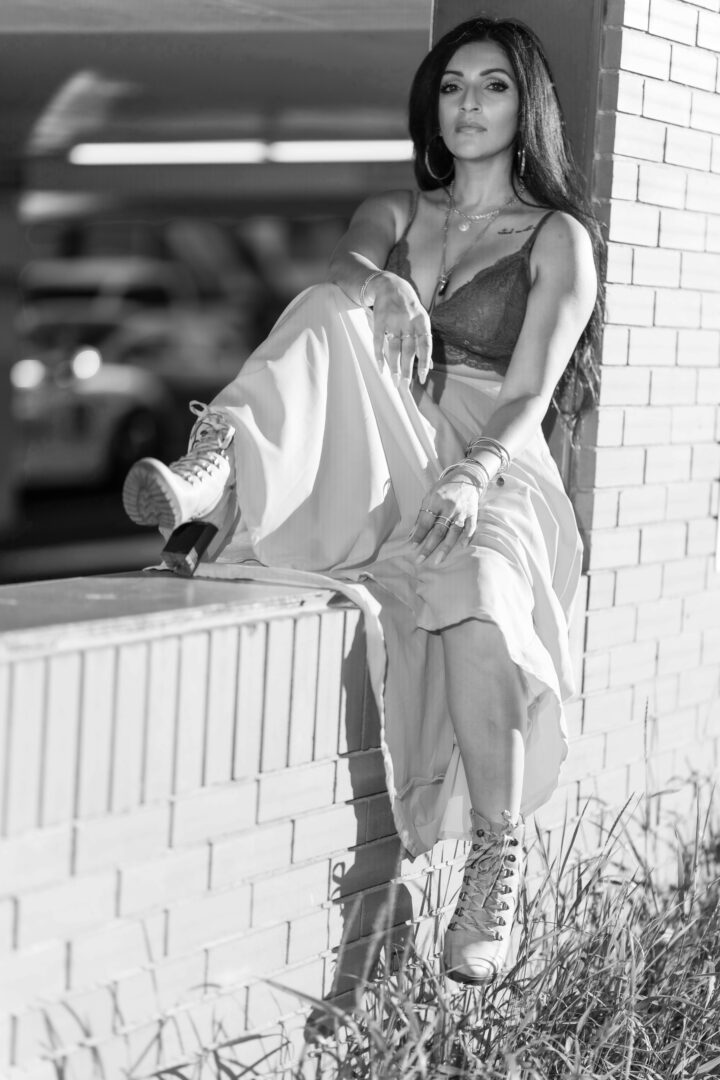
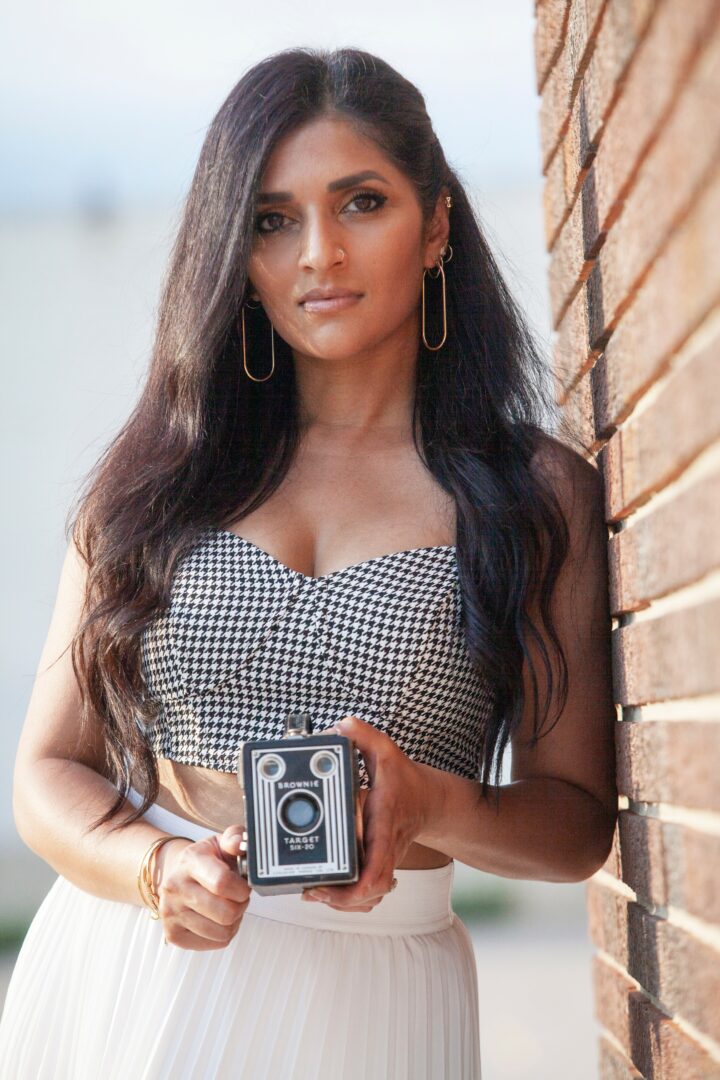
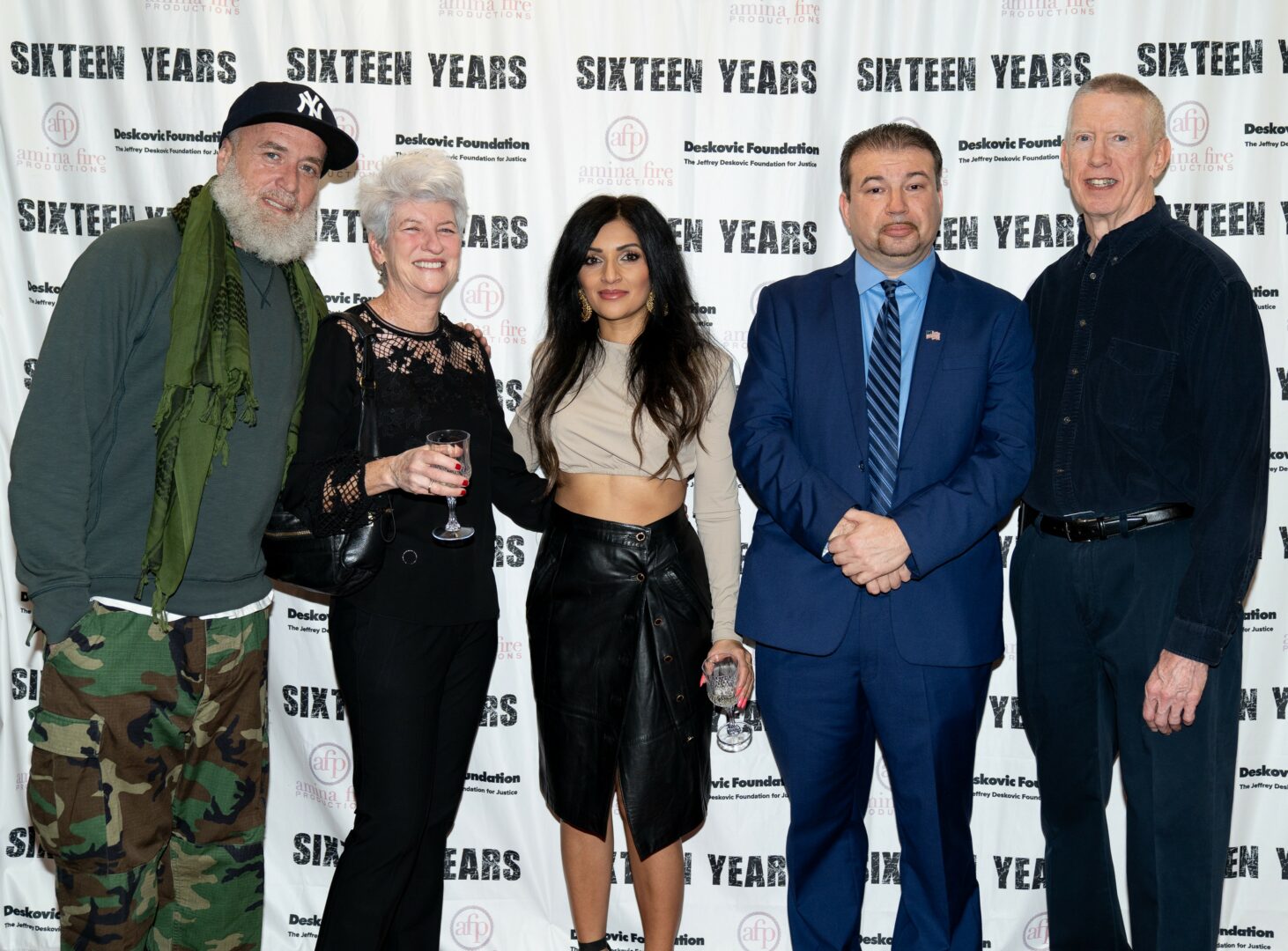
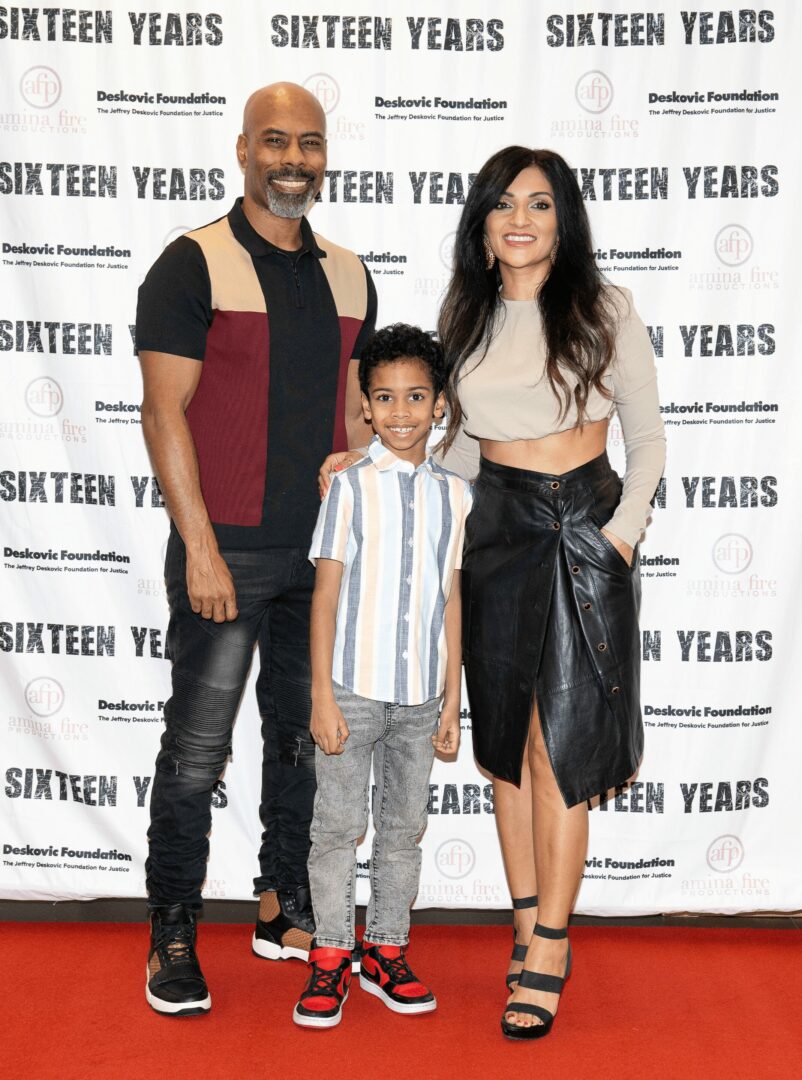
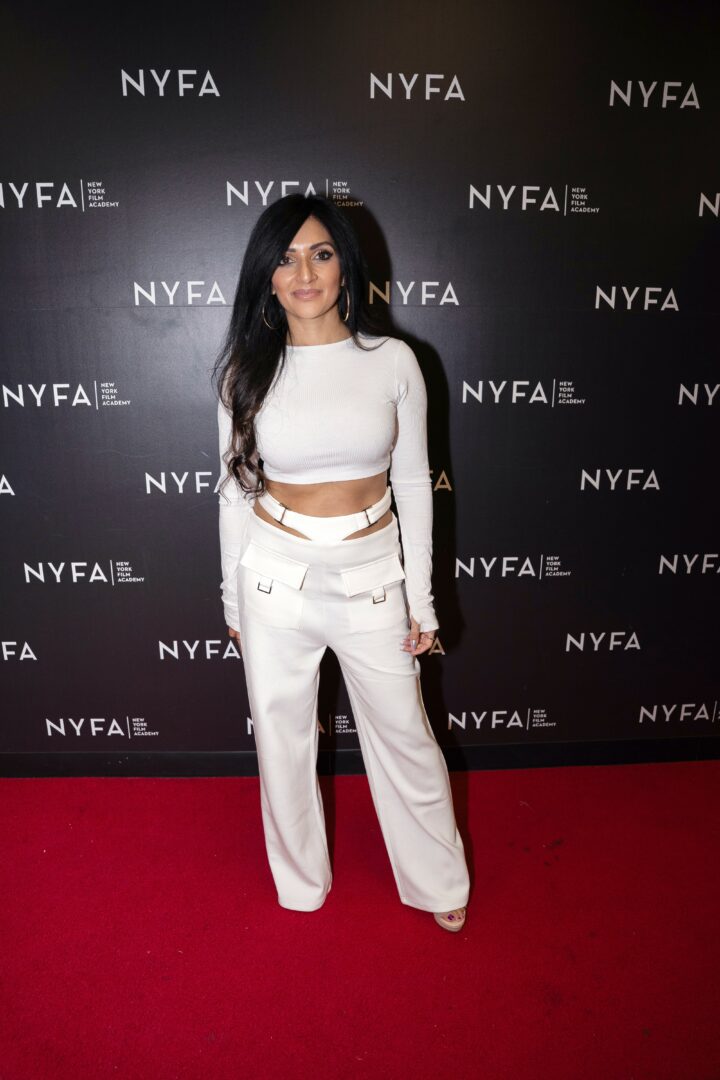
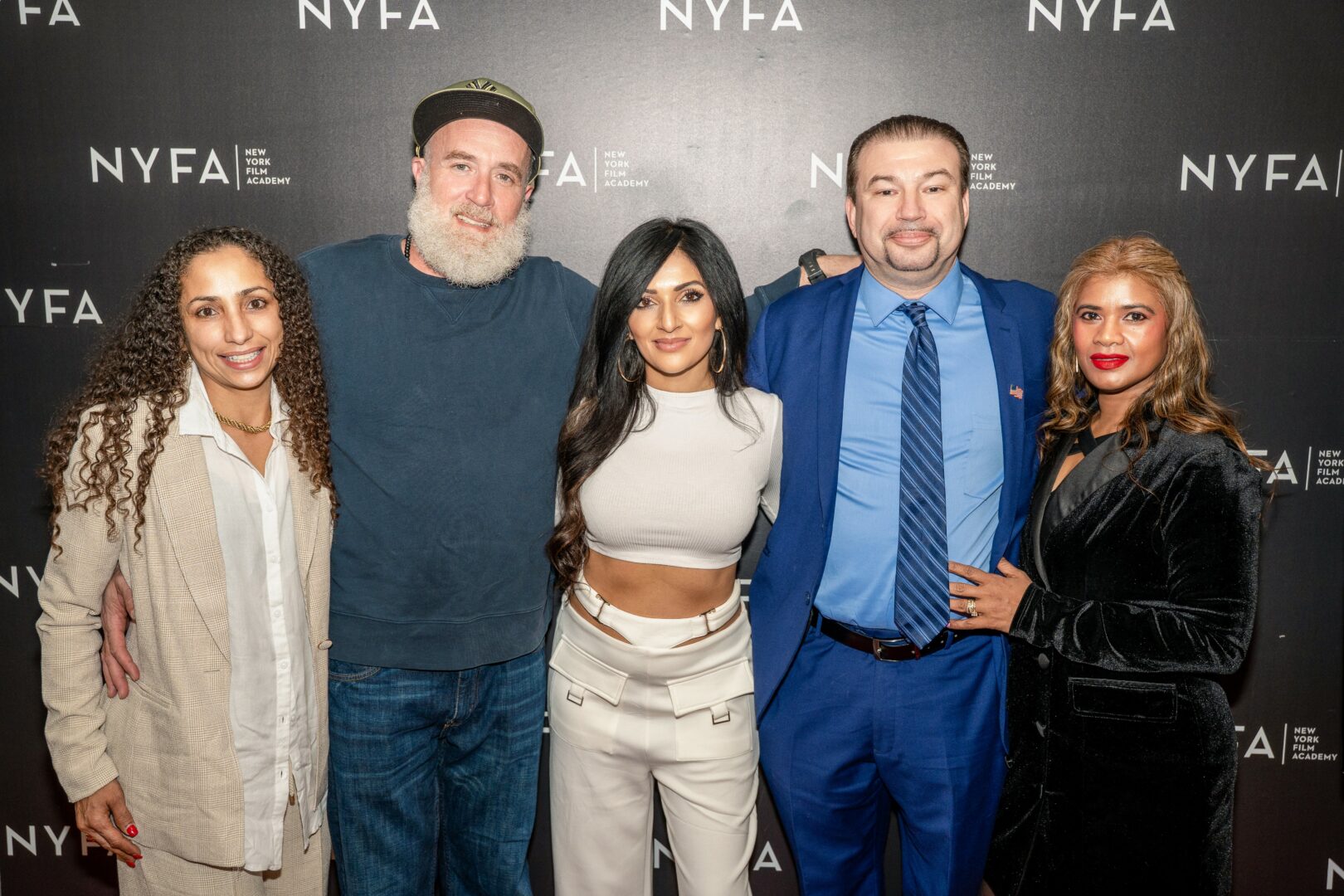
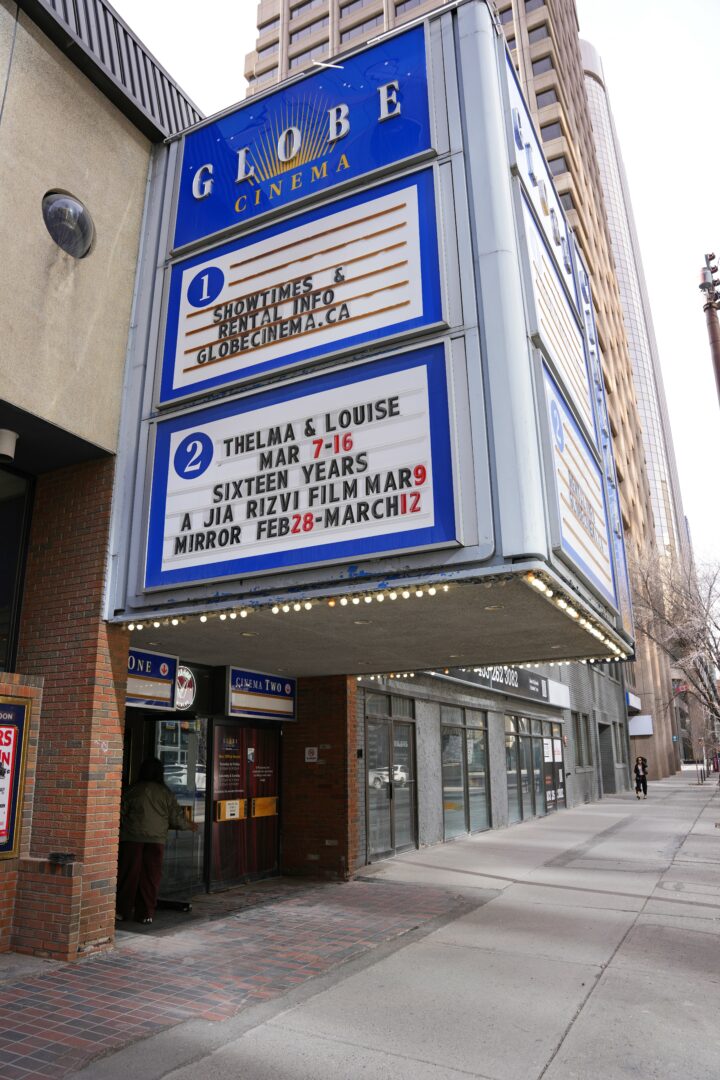
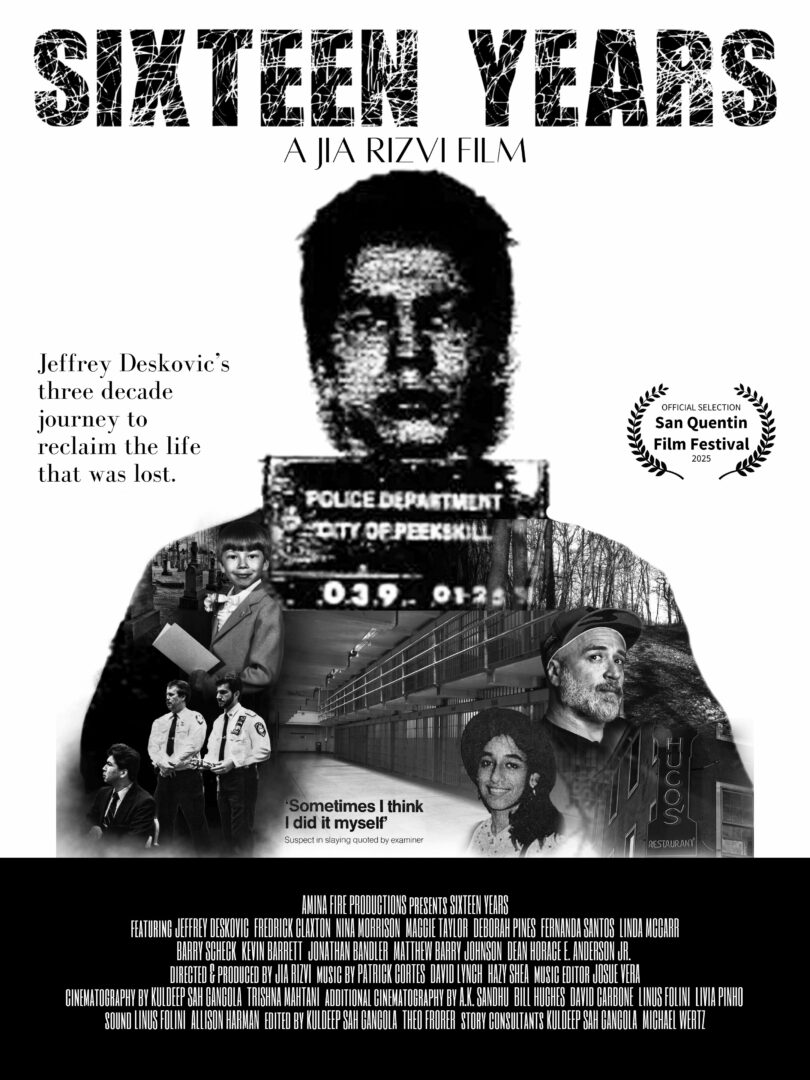
so if you or someone you know deserves recognition please let us know here.

